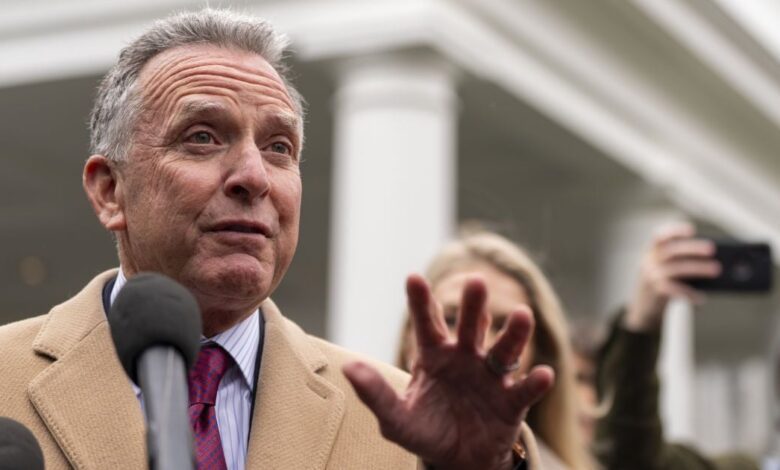Putin and Witkoff’s meeting in Moscow ends: the conversation lasted 3 hours

On August 6, the US President’s special representative Steve Witkoff held a meeting with Russian President Vladimir Putin in Moscow. The conversation lasted about three hours, the press service of the Kremlin reports. After the meeting, the motorcade of the American special representative left the territory of the Kremlin. The Russian side has already made a first brief statement regarding the negotiations.
Russian Investment Envoy Kirill Dmitriev, who met the American politician at the airport in the morning, commented on the meeting between Putin and Witkoff with the following words:
“Dialogue will win”.
The Kremlin also noted that they discussed Ukraine “primarily” with Witkoff. Putin’s adviser Ushakov, who previously participated in negotiations with the US and was present at the current meeting, described the conversation as “useful and constructive.”
“If we name the topics, first of all, of course, it is the Ukrainian crisis. And the second topic is the prospects for the possible development of strategic cooperation between the United States and Russia.”– Ushakov said.
He also noted that Russia sent signals to the US about the “Ukrainian issue” and received signals from Trump.
The visit of special envoy Steve Witkoff to Moscow was already the fifth since the return of Donald Trump to the White House. His plane arrived at Moscow’s Vnukovo airport at 07:00 Kyiv time. After a short meeting with Kirill Dmitriev, the cortege of the American representative left for the residence of Vladimir Putin.
Only closer to noon, official sources confirmed that negotiations in the Kremlin had begun. Yuriy Ushakov, adviser to the President of the Russian Federation, who is responsible for contacts with the USA, was also present at the meeting. The main question of the current visit is whether the Kremlin is ready to make concessions in the war against Ukraine. After all, according to Trump, Putin must agree to a ceasefire by August 8, otherwise Russia will face increased sanctions pressure.
Possible US steps include secondary sanctions against countries that continue to buy Russian oil, 100% tariffs on certain goods (including China and India, which already have 25% tariffs), and restrictions on tankers that circumvent sanctions by transporting oil.
Trump also believes that lowering the price of oil by another $10 per barrel will make it economically unprofitable for the Kremlin to continue the war. As informs Bloomberg, the Russian side may offer the US as an alternative a temporary cessation of airstrikes — without launching missiles and drones. Such a “regime of silence in the sky” is allegedly viewed as a symbolic gesture, and not as a real step towards the end of hostilities.





